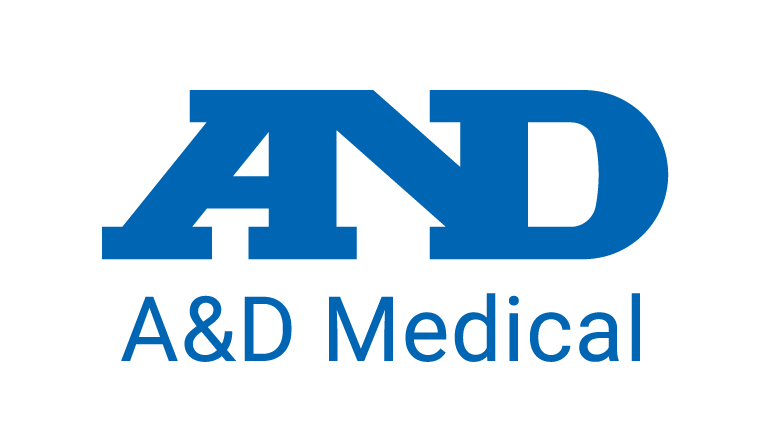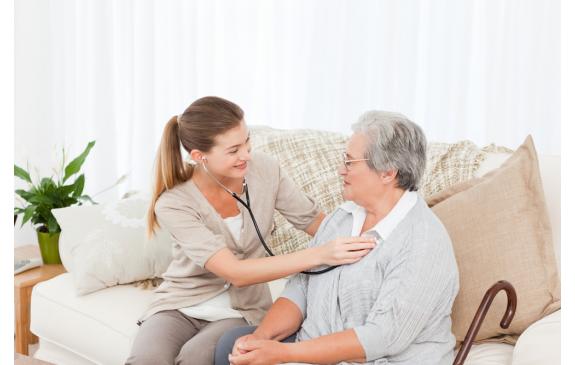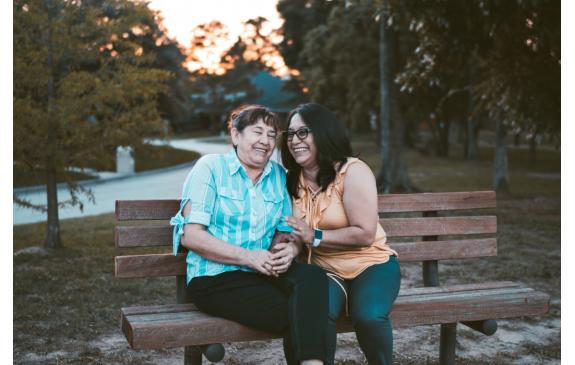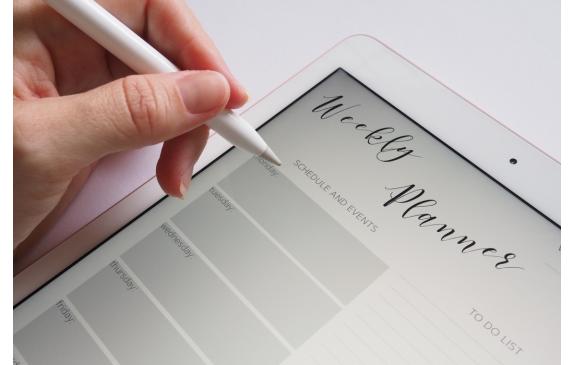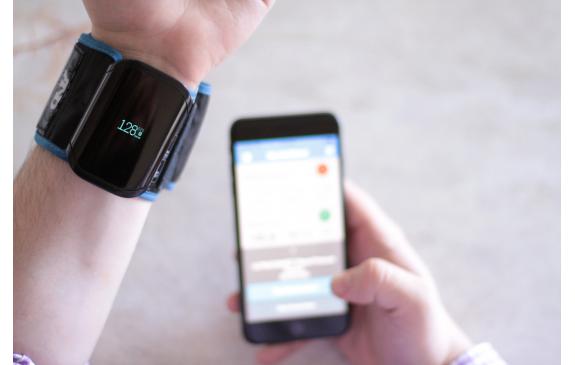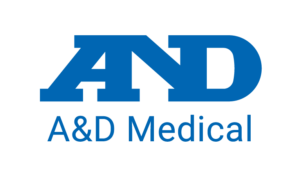Caring for Aging Parents with High Blood Pressure
In the US, there are over 39 million people acting as caregivers for aging relatives.
And if you’re reading this, you probably already know that caring for your aging parents can be stressful – from basics like keeping in frequent contact to taking them to appointments and ensuring that they are safe in their home. Add in a medical concern, like high blood pressure, and it’s enough to elevate your own blood pressure!
Unfortunately, the risk of developing hypertension (aka high blood pressure or HBP) by 80 years of age is a staggering 93% for men and 91% for women, so it may be best to prepare and plan for managing this condition. The good news is that there are technologies and services designed to make your life as a caregiver easier, and they can also help provide routine and assurance to your elderly parents.
We’ve put together a few steps you can take to help reduce your stress while ensuring you stay on top of your parent’s health.
Start Monitoring Blood Pressure Early
Because so many people develop hypertension, home BP measurements before (or early on in) a high blood pressure diagnosis can help your parent’s physician understand and adjust to the various factors in Mom or Dad’s life.
For example, is their blood pressure higher in the morning? Because home measurements can give a more accurate picture of health than in clinic measurements (due to the frequency and being in a more relaxed environment), these details can help develop a treatment plan – plus if you start early, home monitoring may be easier for your parent to be comfortable with the process as they continue to age.
Talk About the Importance of Monitoring
In your hurry to get to doctor’s appointments and ensure your parent has taken their medication, it may be easy to skip over talking to them about why exactly the new step of regular BP monitoring is important. However, studies show that when patients are active in their care, they are not only more engaged in their outcome, the outcomes can be improved.
So… take a few minutes to explain what high blood pressure is and how important it is to monitor regularly.
Make a Plan and Set Goals
First, talk to your parent’s doctor about what their goals should be. Is it to measure their BP every morning? Twice a day, morning and evening? Taking BP measurements regularly will help establish an average/baseline to give you an idea when something is off – and in need of medical attention. When Mom or Dad takes and logs their blood pressure, be generous with your praise!
Consider a Wireless Blood Pressure Monitor
Even though your parent may be taking their BP every day, your schedule may not always allow you to come by that frequently. Calling or setting reminders may help, but the problem is you won’t know if their log is filled out until you visit next.
If you have them use a Wireless Bluetooth blood pressure monitor, you’ll be able to check their measurements from afar – and even send the logs to their doctor if you think there might be a concern. Plus, they might appreciate not having to keep a physical log – since the BP monitor does it for you, it’s one less step!
